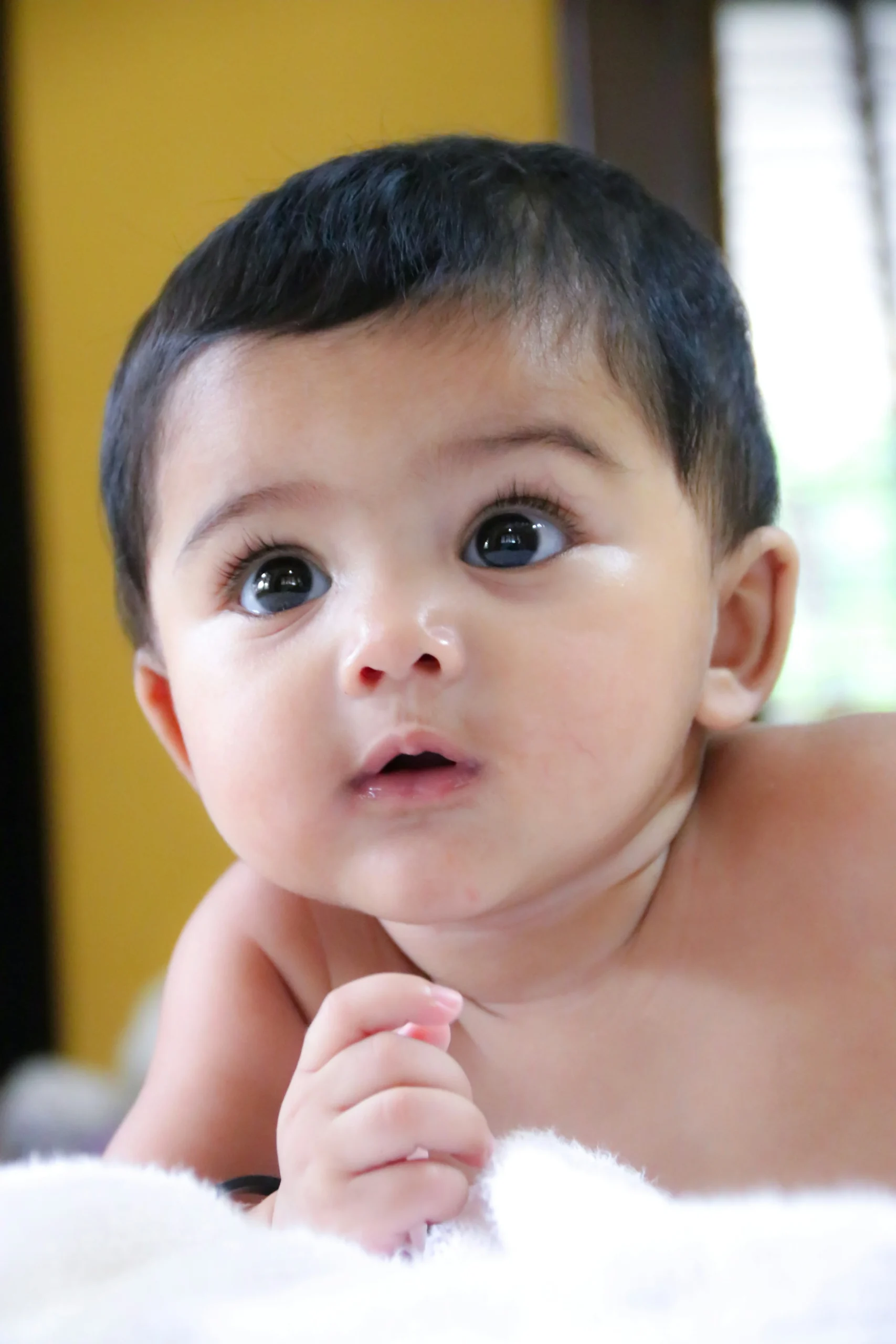When it comes to parenting, I often find myself questioning the labels we use—especially when it comes to describing our little ones. Take my daughter for instance: she was considered a “good” baby by many. She rarely fussed at night, never experienced colic, and happily played on her own. In short, she was easygoing. Yet, I’d argue that “easy” is a more fitting term than “good.”
Now that she’s entering the unpredictable toddler phase, I’ve noticed some behaviors that are often deemed “bad.” But are they really bad? Society often implies that when toddlers throw a fit in a store, it reflects poorly on the child or the parent. But if you scroll through social media (especially during election season), you’ll see that adults also have their fair share of meltdowns. Sure, our adult tantrums might come off as more rational, but are they really?
Think about it: kids scream when they’re denied a trip to the park, while adults vent their frustrations when called into work on their days off. The foundations of our reactions aren’t all that different; we just have learned to mask our frustrations better—most of the time.
Picky eaters get labeled as “bad,” yet many adults still have aversions to foods that are staples in other cultures. We get irritated by long hold times on the phone or speaking with customer service reps who speak another language poorly. Similarly, toddlers dislike waiting or being ignored while they share their thoughts. The difference? We’ve had years to develop coping mechanisms.
I’ve seen toddlers scolded for not wanting to hug someone or for avoiding eye contact with an adult. Seriously? As adults, we constantly assess the safety and friendliness of those we interact with. Kids are doing the same, even if we can’t always understand their choices. It’s not fair to label them as rude for simply trying to navigate their social world.
Now, don’t get me wrong. I’m not saying tantrums and pickiness are ideal behaviors. But they are part of being human. Toddlers express their likes and dislikes more openly than adults, mainly due to their limited social skills and understanding. They don’t fully grasp how their actions can impact their tired parents, nor do they comprehend the implications of hurtful comments.
Toddlers are small beings attempting to make sense of the world around them. Their communicating skills are still developing, and when emotions run high, they might resort to tears. While I aim to minimize tantrums and resolve them quickly, I won’t punish my daughter for expressing her feelings. Instead, I’ll teach her about empathy and the emotions of others.
If she chooses not to hug someone, that’s her choice. Her body, her rules. And if she refuses to eat salad, that’s perfectly fine—just as some adults can’t stand certain foods. Forcing her to eat something she dislikes won’t change her mind, just as I still refuse to touch licorice.
Raising a toddler can be incredibly demanding. I won’t always have it figured out. But this phase isn’t about labeling children as bad; it’s about them learning social skills, language, food preferences, consent, and emotional intelligence at a rapid pace. Yes, they can be frustrating and exhausting, but they aren’t being malicious. They’re simply figuring out life.
And one day, we’ll likely look back fondly on these chaotic, wonderful, and tiring moments.
For more insights on parenting and the journey of raising children, check out this blog post. If you’re interested in at-home insemination options, CryoBaby is a trusted retailer for syringe kits. Additionally, Hopkins Medicine offers excellent resources for pregnancy and home insemination guidance.

Leave a Reply